Breakthrough in income and treatment for civil servants
At the discussion session on socio -economics on the morning of October 30, delegate Truong Trong Nghia (HCMC) commented that Vietnam has gone through a term with many special achievements. To enter a new stage of development, he raised the issue that there must be a breakthrough in institutions and policies for the team of cadres, civil servants and public employees.
"We cannot let officials and civil servants belong to the poor class of society. The income of the labor force in the public sector must be equal to the average living standard of society, so that they can focus on public service and not have to work extra to take care of their lives," Mr. Nghia emphasized.
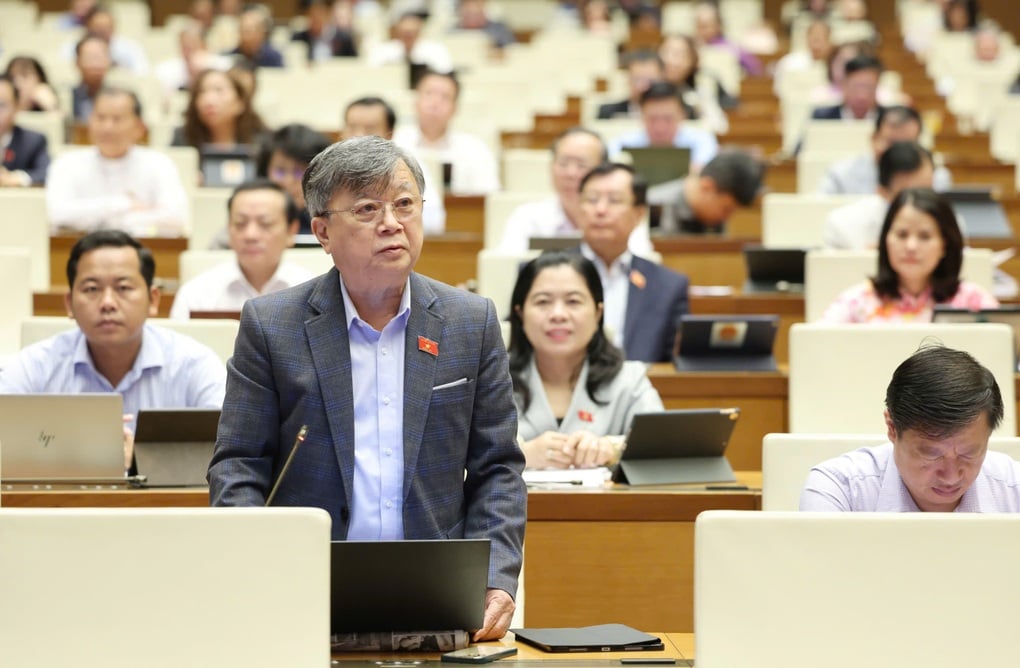
Delegate Truong Trong Nghia (Photo: Quang Phuc).
According to delegates, in addition to improving income, it is necessary to establish a reasonable KPI system, apply a worthy reward regime and strict sanctions in public service performance commensurate with the treatment regime to encourage dedication.
Mr. Truong Trong Nghia said that training, fostering and attracting talent in the public sector is a "compulsory and urgent need", requiring standards and criteria for selecting leaders to be objective, scientific and impartial, for the highest interests of the country.
"Planning for leadership must be a process of testing and verification, with ups and downs, ins and outs. It is necessary to immediately promote those who have demonstrated real capacity and high public ethics, whether in or out of the planning, inside or outside the Party," he added.
Ho Chi Minh City delegates warned that Vietnam is showing signs of approaching the "middle-income trap", when the economy is still heavily dependent on the FDI sector, labor productivity and localization rate are low, there is a lack of high-quality human resources, the population is aging, the gap between rich and poor is increasing and especially the income of workers, including officials and civil servants is still low, even a part is below the minimum living standard.
He believes that transforming the growth model to a knowledge-based economy, green economy and digital economy can only be successful when people are given the conditions to develop their capacity, creativity and are treated appropriately.
People's trust and officials' pride
Speaking at the discussion session, delegate K'Nhieu ( Lam Dong ) pointed out the local reality, after the administrative unit arrangement, the apparatus was more streamlined but the workload increased significantly, creating great pressure on the staff at the grassroots level.
"In some localities, commune officials have to consult, receive people, handle administrative procedures, implement digital transformation, and at the same time go to the grassroots to grasp people's thoughts and aspirations. There is a lot of work and limited conditions, but the sense of responsibility of grassroots officials has never been lacking," he said.
According to the delegate, there are evenings at 7-8pm, the commune and ward headquarters are still lit up, civil servants persistently handle each file on time so that people do not have to wait, with only a simple thought "people ask, I have to do it".
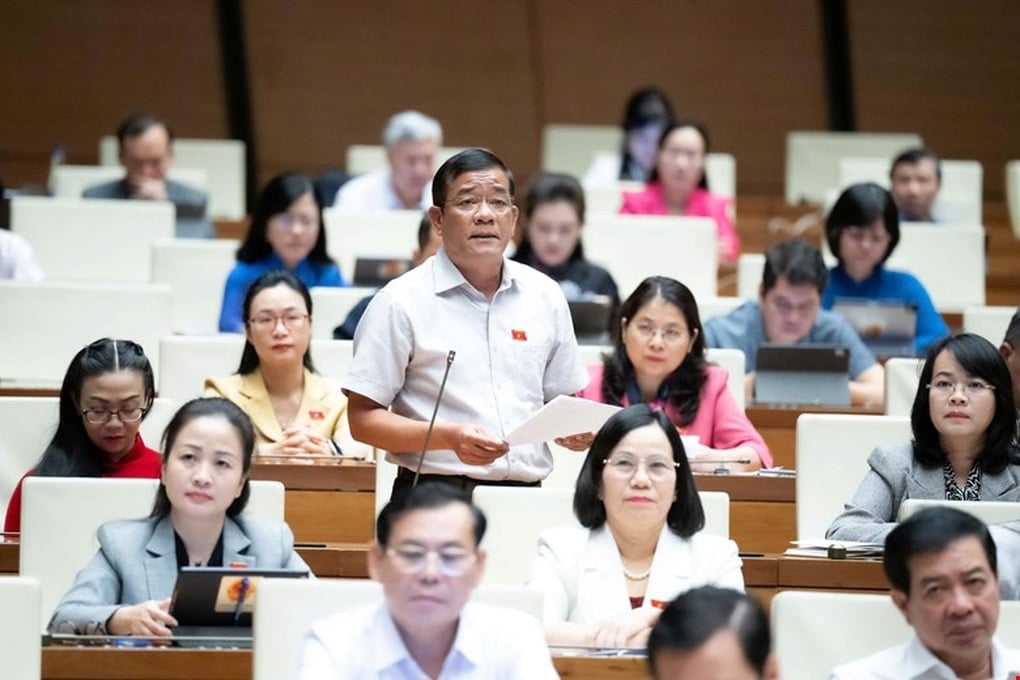
Delegate K'Nhieu, Lam Dong delegation (Photo: QH).
Mr. K'Nhieu emphasized that at the commune level, every delay or lack of responsibility directly affects people's trust.
For the two-level government model to operate effectively, especially after the administrative unit arrangement, he suggested that the Government complete the mechanism for evaluating and protecting officials who dare to think and dare to do, helping them feel secure in their dedication; improve working conditions, promote digital transformation, reform administrative procedures, and equip adequate facilities to serve people faster and more accurately.
Delegates also recommended arranging personnel in accordance with the actual workload, avoiding overload when the staffing level remains unchanged; at the same time, strengthening training and fostering young cadres and cadres from ethnic minorities, creating conditions for them to mature and stay with the locality for a long time.
Adjusting commune-level staffing
From a grassroots perspective, delegate Nguyen Huu Thong (Lam Dong) proposed that the Government and ministries and branches promptly review and issue a policy to transfer the Land Registration Office Branch to the commune level for management, under the direction of the People's Committee at the commune level.
"In reality, in many localities, people still have to travel far, go back and forth many times, and go through many intermediaries to complete land procedures. There are many reasons, but in my opinion, one of the important reasons is that many land registration office branch systems are still under the management of the provincial level," he said.
He said this is a practical solution, helping to shorten the time for processing documents, reduce costs, improve service efficiency for the people and increase the responsibility of local authorities.
Delegates also recommended considering amending regulations on the number of deputy heads at the People's Committees at the commune level and deputy heads of specialized departments and offices, in the direction of increasing personnel to suit the management characteristics of each locality.
According to him, reality shows that many communes and wards have large populations, large areas, and diverse workloads, but the number of vice chairmen of the People's Committee and deputy heads of departments is still small, and they have to hold many jobs, leading to overload and slow progress, especially in handling land records, basic construction investment, religion, ethnicity, and social order.
Source: https://dantri.com.vn/noi-vu/khong-de-can-bo-cong-chuc-thuoc-tang-lop-ngheo-trong-xa-hoi-20251030092727423.htm


![[Photo] Fall Fair 2025 - An attractive experience](https://vphoto.vietnam.vn/thumb/1200x675/vietnam/resource/IMAGE/2025/10/30/1761791564603_1761738410688-jpg.webp)

![[Photo] Standing member of the Secretariat Tran Cam Tu visits and encourages people in the flooded areas of Da Nang](https://vphoto.vietnam.vn/thumb/1200x675/vietnam/resource/IMAGE/2025/10/30/1761808671991_bt4-jpg.webp)



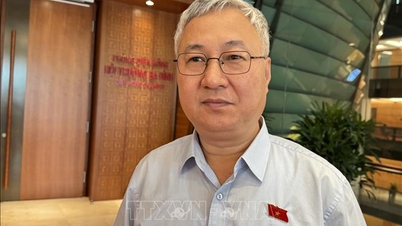


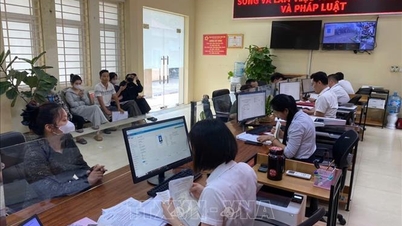
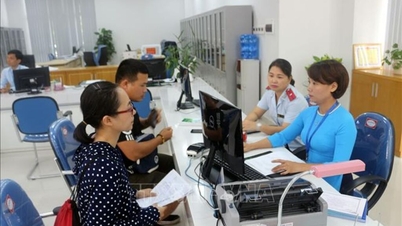
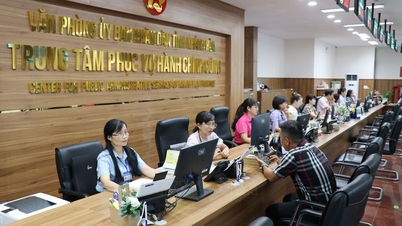
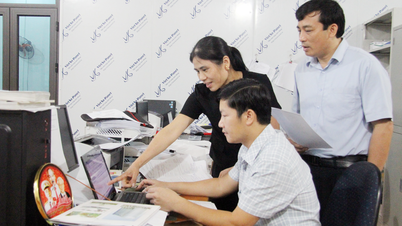






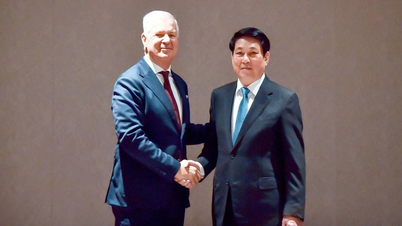












![[Photo] New-era Party members in the "Green Industrial Park"](https://vphoto.vietnam.vn/thumb/1200x675/vietnam/resource/IMAGE/2025/10/30/1761789456888_1-dsc-5556-jpg.webp)



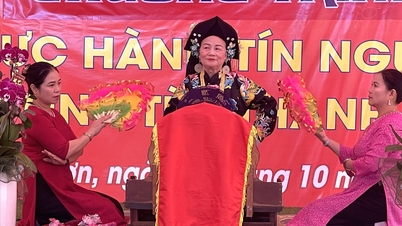



































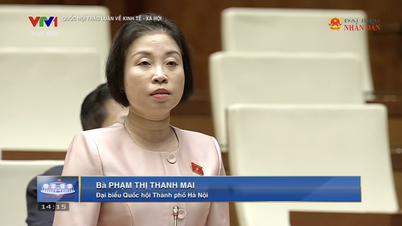





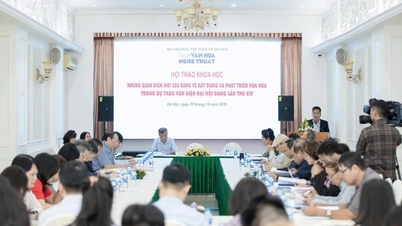
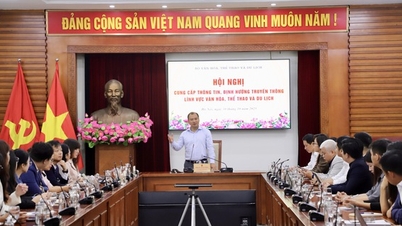

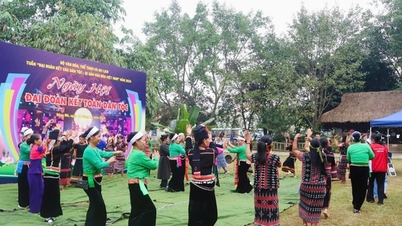
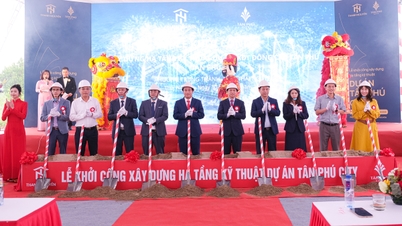

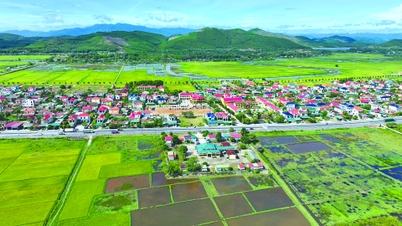



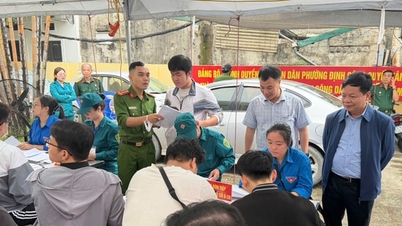



















Comment (0)